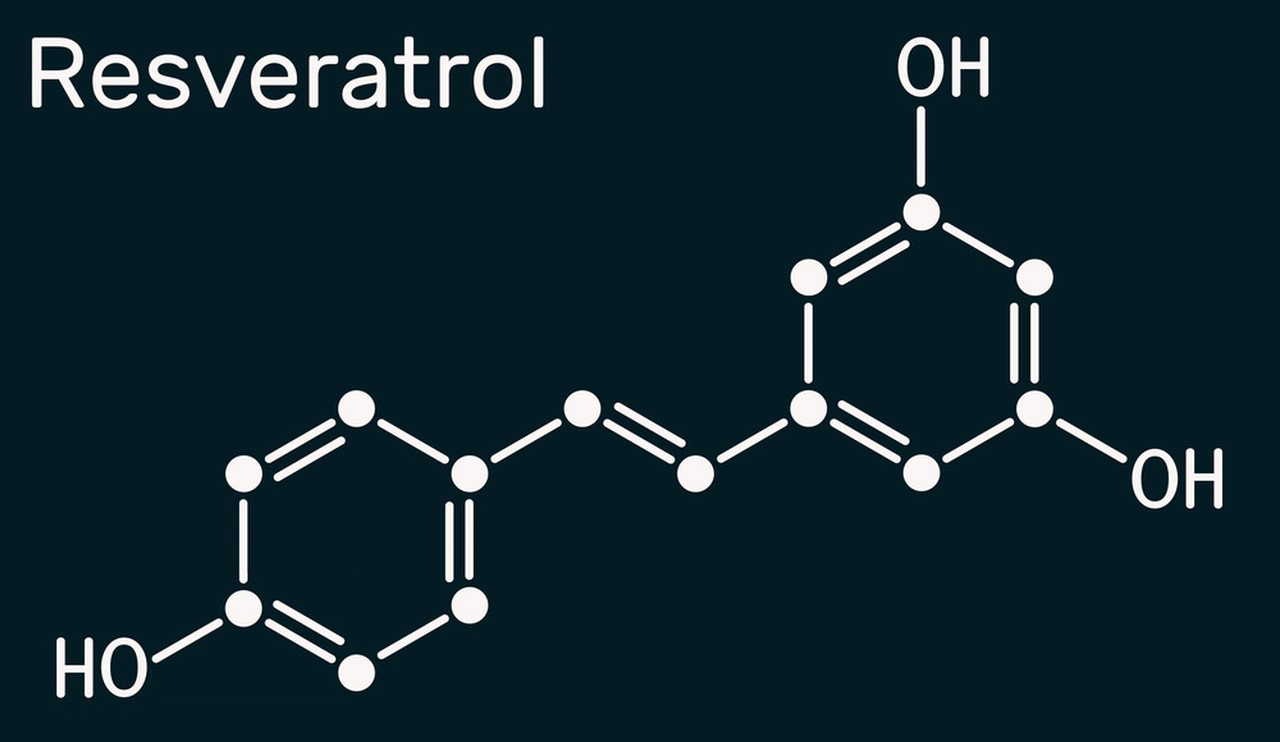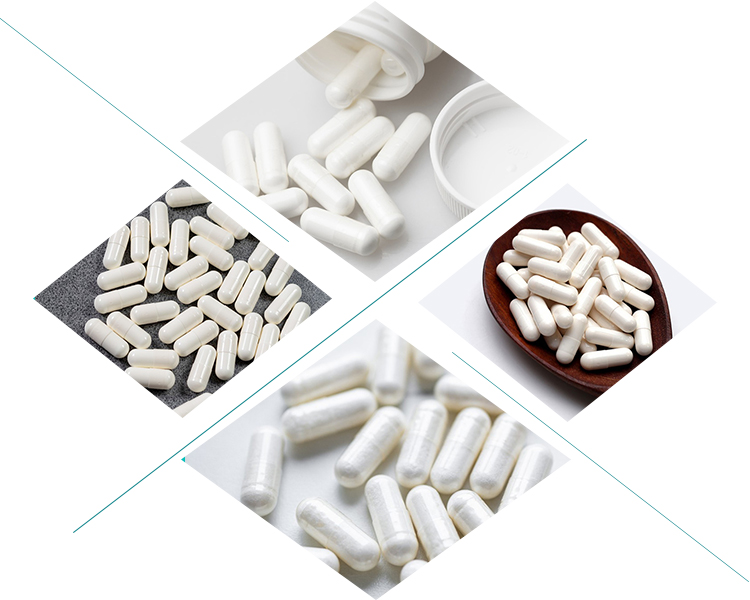Resveratrol capsules are a type of dietary supplement that contains resveratrol, a natural compound found in certain plants, particularly in the skin of red grapes, peanuts, and berries. Resveratrol is a natural compound found in various plants, including grapes, berries, and peanuts. It belongs to a class of compounds called polyphenols and is known for its antioxidant properties. Resveratrol supplements are often encapsulated for ease of consumption and are purported to have various health benefits. Here’s a brief overview of its chemical structure and physical properties:
Chemical Structure of Resveratrol Capsules:
Resveratrol has the chemical formula C14H12O3.
Its chemical structure consists of two aromatic rings linked by a ethene (C=C) bridge.
The IUPAC name for resveratrol is 3,5,4′-trihydroxy-trans-stilbene.

Physical Properties of Resveratrol Capsules:
Appearance: Resveratrol typically appears as white to pale yellow crystalline powder.
Solubility: It is sparingly soluble in water but more soluble in organic solvents such as ethanol and dimethyl sulfoxide (DMSO).
Melting Point: Resveratrol melts at around 261-263°C.
Odor and Taste: It is odorless and has a slightly bitter taste.
Stability of Resveratrol Capsules:
Resveratrol is sensitive to light, heat, and oxygen. Exposure to these factors can lead to degradation and loss of potency.
Therefore, resveratrol capsules are often packaged in opaque containers to protect them from light exposure.
Bioavailability of Resveratrol Capsules:
Resveratrol has relatively poor bioavailability due to its low solubility in water and extensive metabolism in the body.
Various formulations and delivery methods, such as micronization, encapsulation with lipids, or combining with other compounds to enhance absorption, are used to improve its bioavailability.

Health Benefits of Resveratrol Capsules:
Resveratrol is believed to have antioxidant, anti-inflammatory, and cardioprotective properties.
It has been studied for its potential role in reducing the risk of various diseases, including cardiovascular diseases, cancer, and neurodegenerative disorders.
However, more research is needed to fully understand its effects and optimal dosage for different health conditions.
It’s important to note that while resveratrol supplements are widely available and marketed for their health benefits, scientific evidence supporting many of these claims is still evolving, and individuals should consult with healthcare professionals before starting any supplementation regimen.
